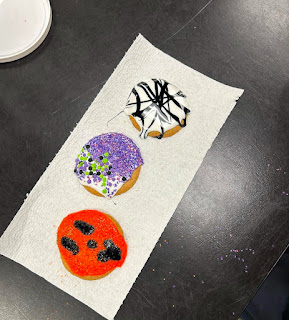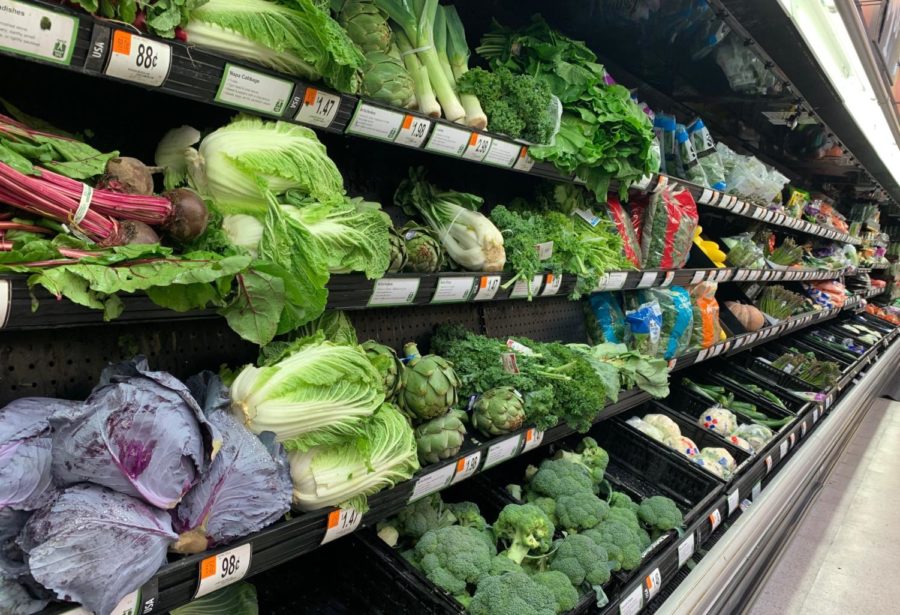I GUESS YOU SHOULD EAT YOUR BROCCOLI…
As veganism and vegetarianism become more popular, they come with many environmental and health benefits.
September 19, 2019
From vegetarianism to veganism people around the world are making the switch to a better diet and lifestyle. From 1% of Americans being Vegan/Vegetarian in 1971, the number has reached 12% and is continuing to grow rapidly. The impact of this dietary change is for the encouragement of environmental preservation, the increase of health benefits, as well as reducing ethical concerns such as animal cruelty.
To understand why people have made the change, it is important to understand what makes vegetarians and vegans different. Vegetarianism is a diet consisting of not consuming meat and fish, while Veganism rejects all animal products including dairy.
“I went vegan to be more environmentally conscious. While this may be a very small step, I’m trying to reduce my negative impact on the environment in any way that I can” said junior Divya Srinivasan.
With a change in diet, a person’s ecological footprint decreases and presents a positive change in nature. An ecological footprint is the impact a person has on the environment, measured in the land that natural resources acquire. In attempts to reduce the usage of land, oil, water and reduction of pollution, people are decreasing food waste by completely removing meat from their diet. By reducing your ecological footprint you can reduce harm to Earth’s inhabitants including animals and other living organisms. The conversion to Vegetarianism or Veganism can save a significant amount of animals and increase the longevity of human life through the reduction of pollution.
Animals are filled with chemicals and antibiotics for safety of consumption.The side effects of those chemicals can in turn affect human health. Boneless chicken exposes people to three to five micrograms of inorganic arsenic. Arsenic in the long-run can result in higher rates of skin cancer, bladder cancer and lung cancer, as well as heart disease. With the majority of meat products injected with dangerous drugs and chemicals a red flag is presented for many, encouraging them to switch their diet.
Along with the improvement of the environment, many are swayed to a plant based life style due to the animal cruelty that occurs during the mass production of animals for consumption. The production of meat worldwide has increased from 130 million tons in the late 1970s to 230 million tons by 2018. This drastic increase of meat production has led to an increase in pollution and land damage, affecting human standards of living. The mass produced animals, injected with drugs to grow, represents the animal cruelty which many are against.
“My vegetarianism has always been because of religion, but it’s also because of personal choice. Because we feel that if we’re able to live in harmony with the life around us we can have that connection [with nature]” said Senior Kashyap Sreeram.
Eating a plant based diet allows many to seek the personal fulfillment of consciously making choices to benefit the environment. The meat industry is a major factor contributing to its current state. Vegans and Vegetarians live a way of life to save the ecosystem, reduce health problems, and end animal cruelty. One step at a time plant based diets can drastically improve the relationship between humans and the Earth.
























